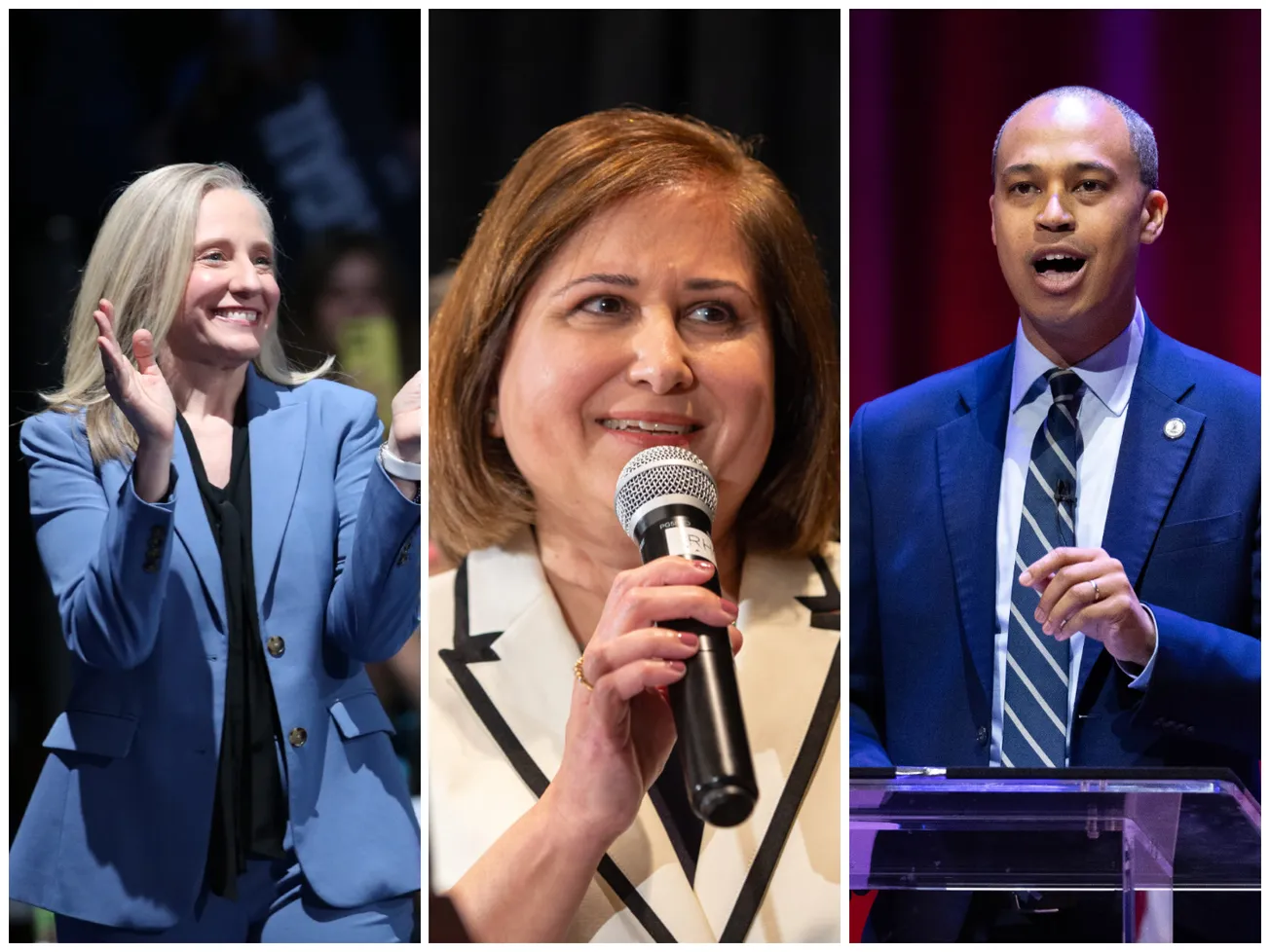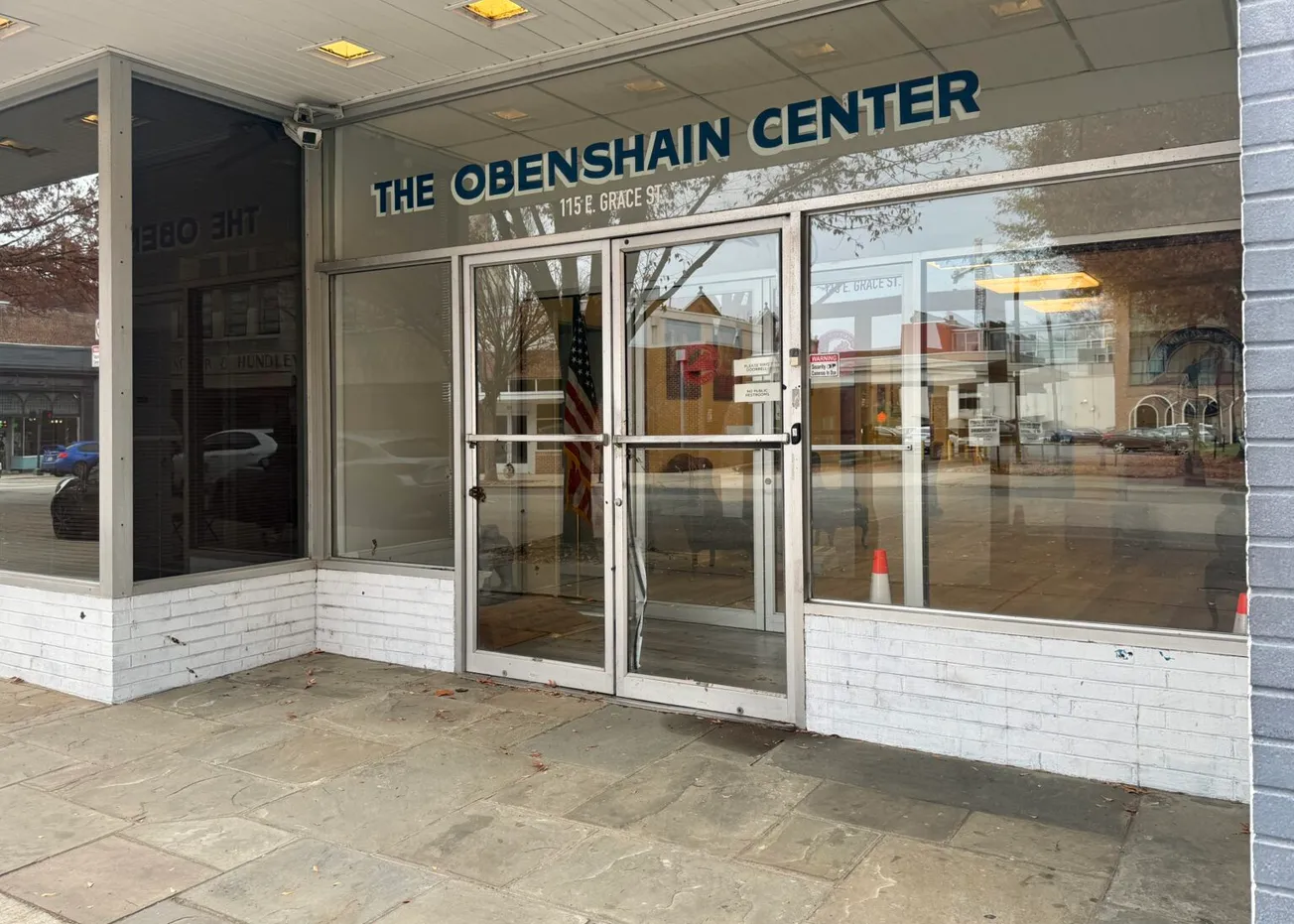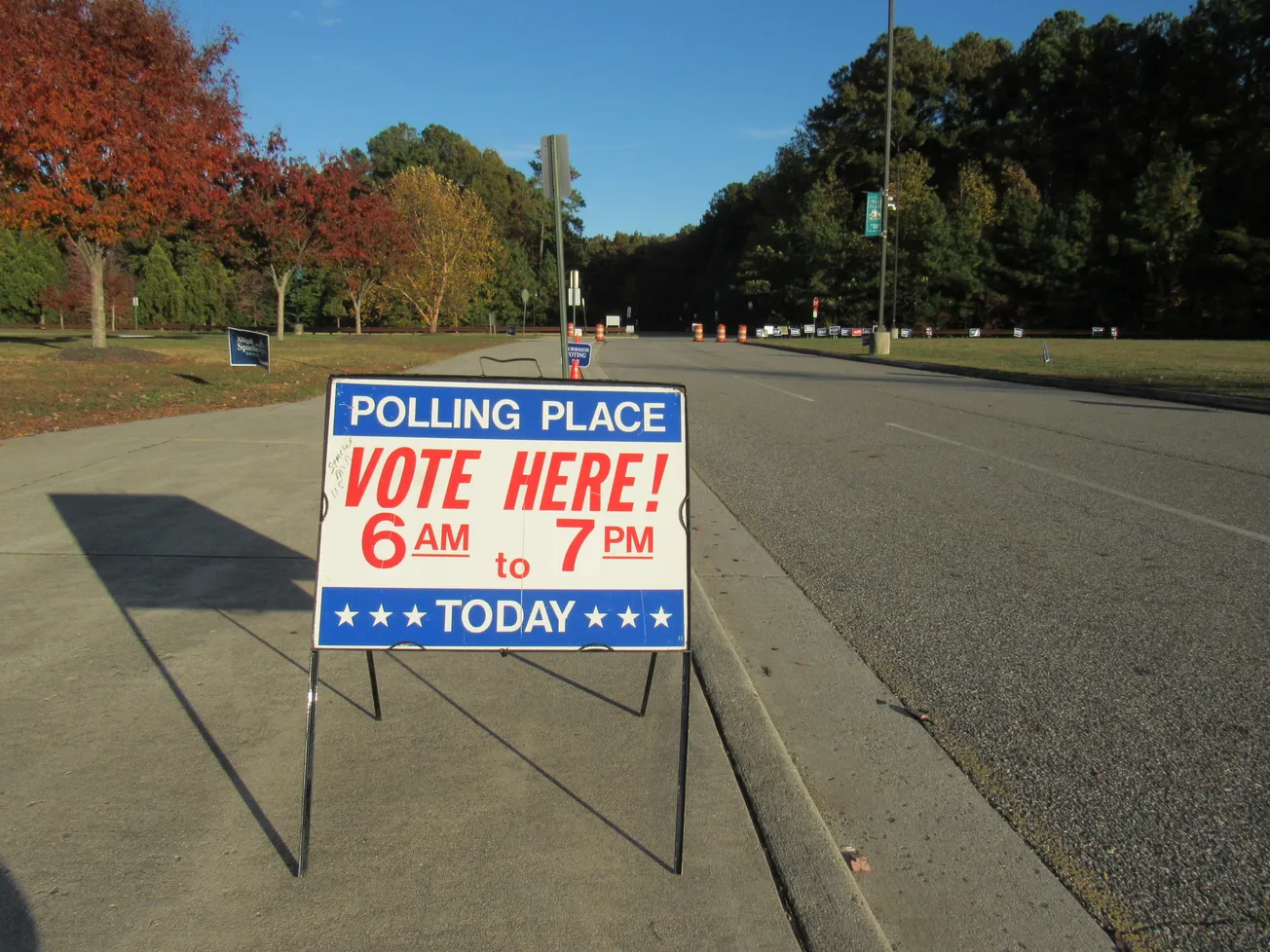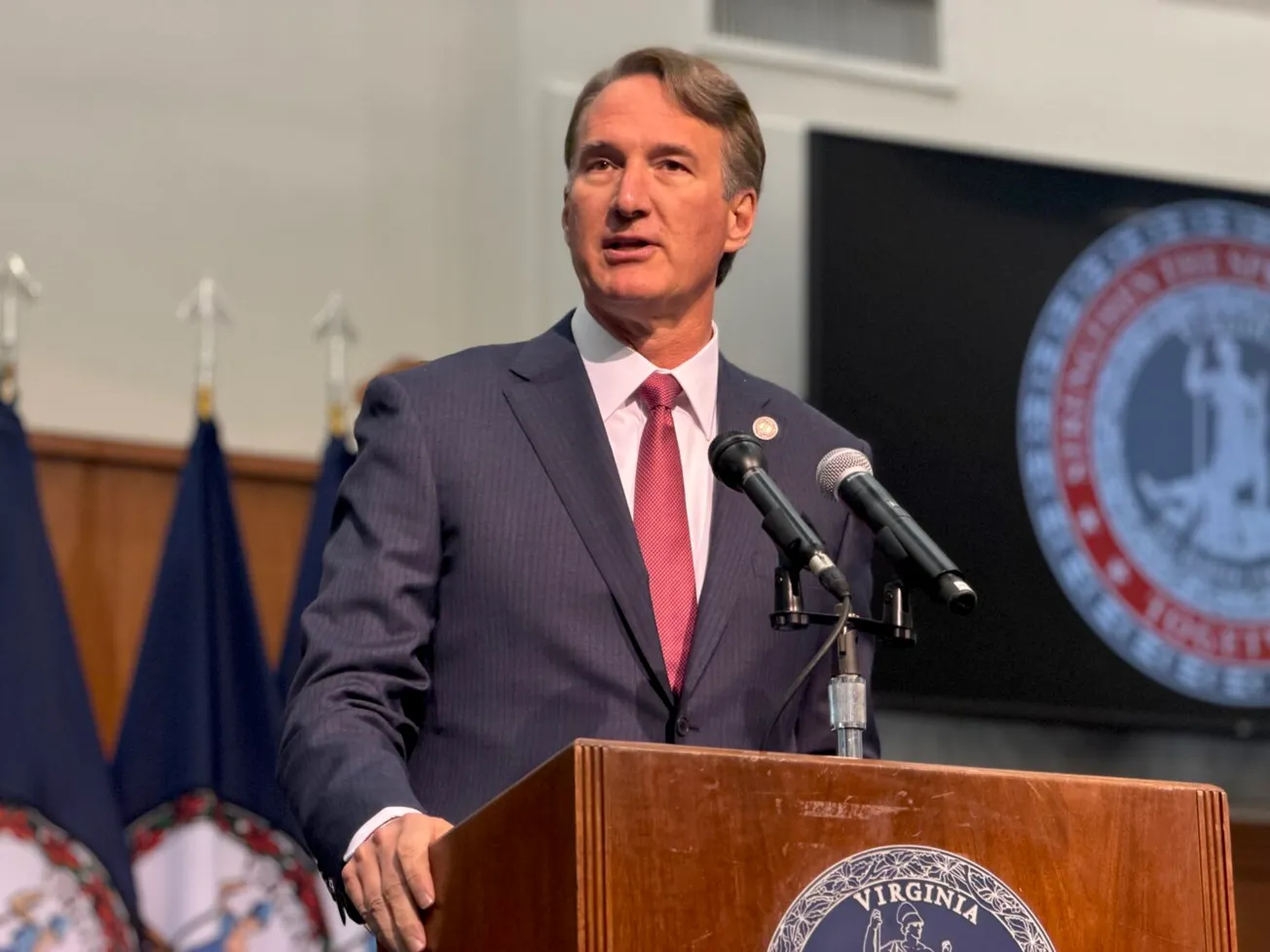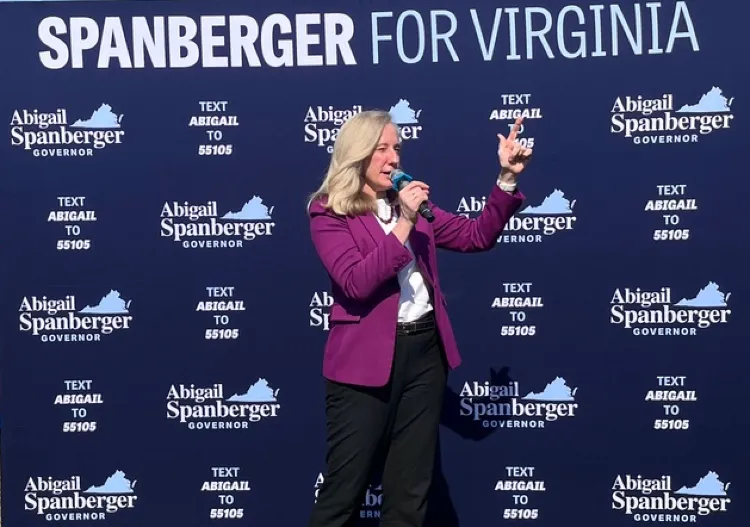Election 2025 — Abigail Spanberger — Winsome Earle-Sears — Ghazala Hashmi — John Reid — Jay Jones — Jason Miyares
Democrats sweep Virginia’s statewide races, reclaiming full control of executive branch
Spanberger defeats Earle-Sears for governor as Hashmi and Jones win down-ballot contests, capping a year shaped by federal layoffs, reproductive rights and political scandal
